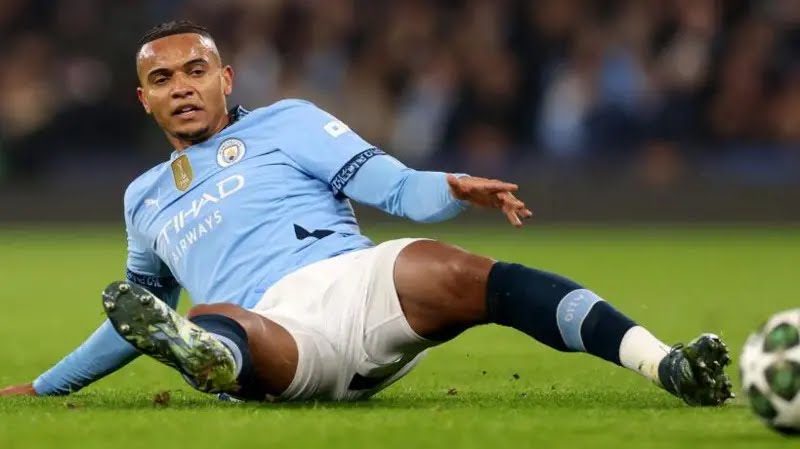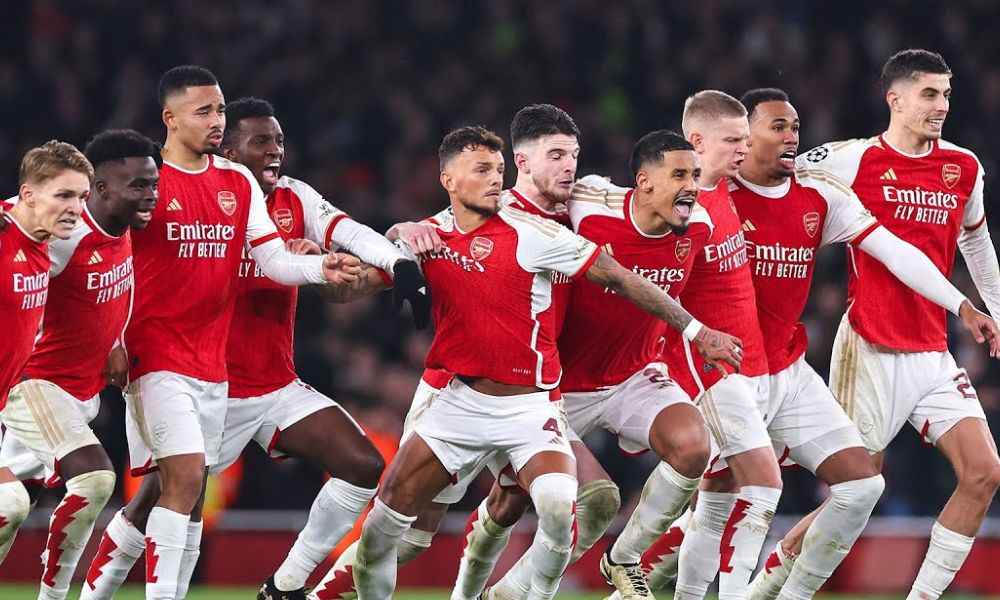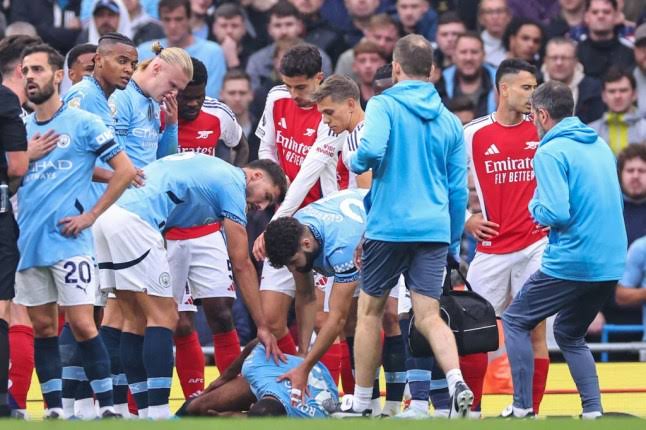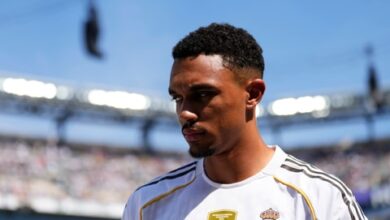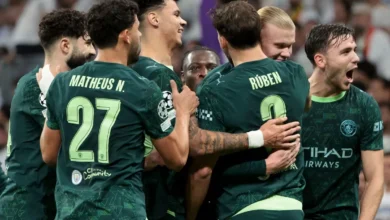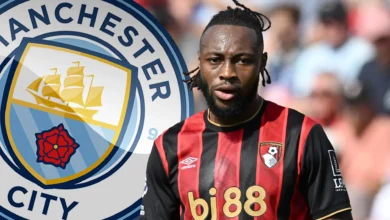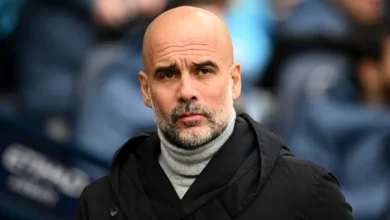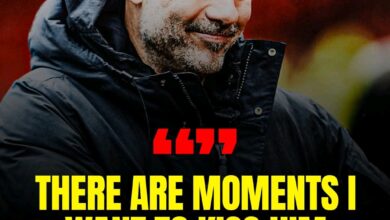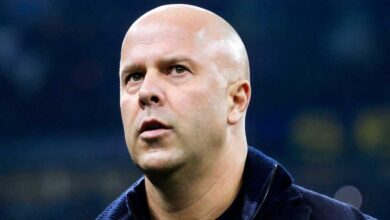We are in trouble!’ – Pep Guardiola issues stark Man City warning with Premier League champions down to 13 senior players amid injury crisis
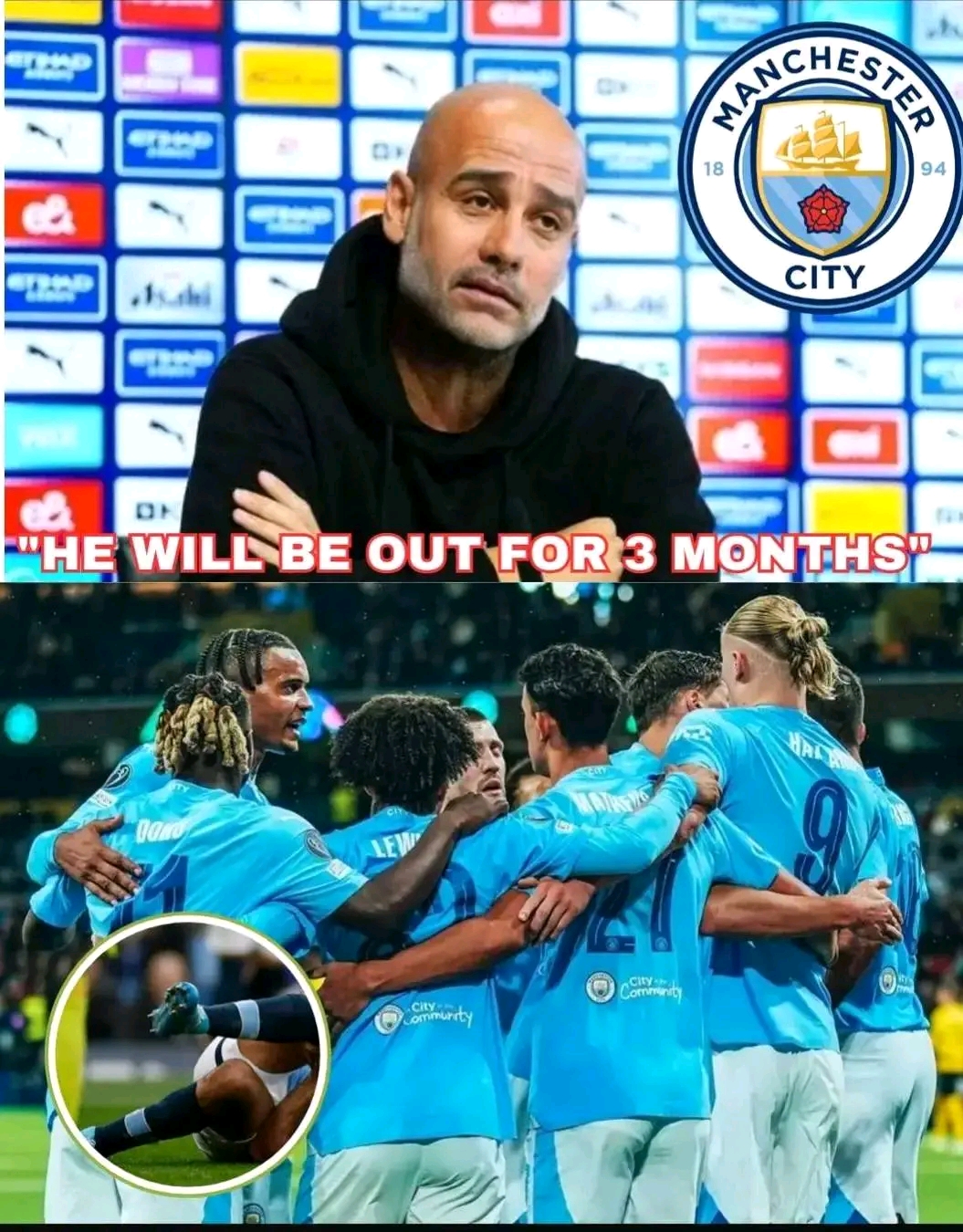
Manchester City’s Carabao Cup nightmare against Tottenham was more than a simple cup exit. It was a statement: even the most dominant teams are not invincible. Guardiola, who has spent the last nine years perfecting his philosophy at the Etihad, found himself staring at a reality few could have predicted. A squad reduced to 13 fit senior players is not just short on numbers—it’s short on options, short on energy, and dangerously short on margin for error.
The loss to Spurs highlighted a worrying trend. Manuel Akanji, a rock in City’s defense, had to withdraw from the starting XI in the pre-match warmup. Moments like this, seemingly minor, cascade in the context of a squad already crippled by injuries. Savinho’s injury, which saw him stretchered off, added salt to the wound. Each setback chips away at Guardiola’s carefully built system, a system that relies on precision, cohesion, and the fluidity of his players’ movements.
The absence of Kevin De Bruyne, Jack Grealish, and Kyle Walker compounds the problem. These are not just regular starters—they are pillars of Guardiola’s tactical architecture. De Bruyne, the creative engine; Grealish, the versatile link; Walker, the marauding fullback with pace and intelligence. Losing them leaves tactical holes that no amount of training or tactical ingenuity can fully cover.
Even Erling Haaland, the striker who has redefined goal scoring in the Premier League, remained an unused substitute. Guardiola, ever the strategist, made the decision not out of doubt but out of caution. Losing Haaland to injury would not just impact results—it would cripple morale. The Norwegian has become the psychological backbone of City’s attack; his presence alone forces defenses to bend, creates space, and drives momentum.
Guardiola’s post-match words reflected the gravity of the situation: “We are 13 players, so it’s really difficult. I think we are in trouble, because in nine years we’ve never had a situation with many, many injuries. In these situations, the players make a step forward, they are more together than ever.”* The subtle optimism is there, but it’s a reminder: even Pep recognizes the limits imposed by numbers and circumstance.
The timing could not be worse. City’s next fixtures are relentless. A trip to Bournemouth awaits, followed by a crucial Champions League away tie against Sporting CP in Lisbon, and then an end-of-week clash at Brighton—all before the November international break. Each match brings risk: more fatigue, more potential injuries, and the mental strain of trying to maintain domestic and continental dominance. Guardiola must navigate this treacherous period with a squad that, in many ways, resembles a skeleton crew more than the army that has dominated English football in recent years.
The injuries have also revealed the hidden depth—or lack thereof—of City’s squad. Guardiola has always relied on rotation, nurturing a pool of players who can step in seamlessly. But when your second-string options are stretched thin, and key players are out, even the best rotation policy can falter. This is a test of City’s youth, their adaptability, and, crucially, Guardiola’s ability to motivate players under pressure.
Beyond the tactical implications, there is the psychological battle. Guardiola’s players are human; they feel frustration, anxiety, and fatigue. Maintaining morale under such circumstances is perhaps the manager’s greatest challenge. Historically, Guardiola has thrived in adversity, molding challenges into opportunities. But this is a trial by fire—the type that separates great managers from legendary ones.
The media has not been kind. Headlines scream about City’s “injury crisis” and “bare-bones squad.” Fans express worry on social media, questioning whether the team can sustain their title charge. Yet within the squad, there is a different story. Guardiola’s philosophy instills resilience. His players, even in depleted numbers, understand the principles that have won them trophies year after year: pressing intensity, positional discipline, and creative freedom. The difference now is execution under extreme physical and mental strain.
Injuries have also exposed the reality of football’s modern scheduling. The calendar is relentless. Premier League, Champions League, domestic cups, and international breaks all collide, leaving clubs to rotate, gamble, and sometimes risk player health. City, despite their depth, are not immune. Guardiola has often spoken about the importance of rest and recovery, but sometimes, circumstances leave little room for ideal solutions.
Looking at the squad, several players are now thrust into the spotlight. Youngsters who might have been peripheral are suddenly called upon to carry the weight of expectation. Their performances in the coming weeks could define careers, build reputations, and cement Guardiola’s faith—or question it. This is football’s cruel paradox: opportunity and pressure arrive hand in hand.
Pep’s own track record gives some reassurance. He has managed crises before, turning adversity into triumph. In his nine years at City, he has rebuilt defenses, rotated midfield dynasties, and restructured attacks to overcome injuries. The difference now is scale. With 13 senior players fit, every match is a high-wire act with no safety net.
City’s rivals, aware of the situation, will be circling. Every stumble could embolden opponents. Tottenham’s victory is a reminder that even giants can fall when exposed. Clubs like Liverpool, Arsenal, and Manchester United will watch with interest, perhaps seeing vulnerabilities they can exploit. Guardiola understands this, and it will fuel his preparation and team talks.
The fans, too, are a critical factor. Manchester City supporters are passionate, knowledgeable, and unforgiving when expectations are high. Guardiola must balance the pressure of delivering results with protecting players from mental fatigue. Managing public expectation is as crucial as managing injuries.
Looking ahead, the next three fixtures are pivotal. Bournemouth, while theoretically a manageable opponent, presents the risk of complacency and physical overexertion. Sporting CP in Lisbon will test City’s European credentials, demanding technical brilliance and tactical discipline. Brighton, ever resilient under their manager, will exploit any weakness in a worn-down squad. Success in these games will require more than strategy—it will demand courage, endurance, and collective willpower.
Injuries may also redefine Guardiola’s approach. Expect tactical tweaks: deeper defensive lines to conserve energy, more compact midfield structures to cover missing legs, and careful management of Haaland’s minutes to preserve his peak. Guardiola thrives on innovation, and perhaps this is the crucible in which his next genius plan will emerge.
Ultimately, this period will test the heart of Manchester City. Are they a team built solely on stars and resources, or is there a deeper resilience embedded in their culture? Guardiola has spent nearly a decade crafting not just a squad, but a philosophy. How it withstands this current storm will reveal the truth.
In the end, injuries are a reminder of football’s fragility. A team of champions can be humbled overnight. Pep Guardiola’s warning—“we are in trouble”—is not panic, but realism. The next few weeks will reveal whether City’s spirit can match its talent. For now, the Premier League champions face an uphill battle, where every decision, every substitution, and every tactical nuance could define their season.
Fans, pundits, and rivals will be watching closely. Manchester City’s ability to navigate this injury crisis will not only determine their domestic and European ambitions but also define Pep Guardiola’s legacy in this chapter of his career. In football, adversity often brings out greatness—or exposes cracks that no trophy can hide.
This is City at a crossroads: thirteen players, countless challenges, and the weight of expectation pressing from every direction. The next weeks will be brutal. And Pep Guardiola, as always, will have to prove why he is considered one of the greatest managers in football history.
